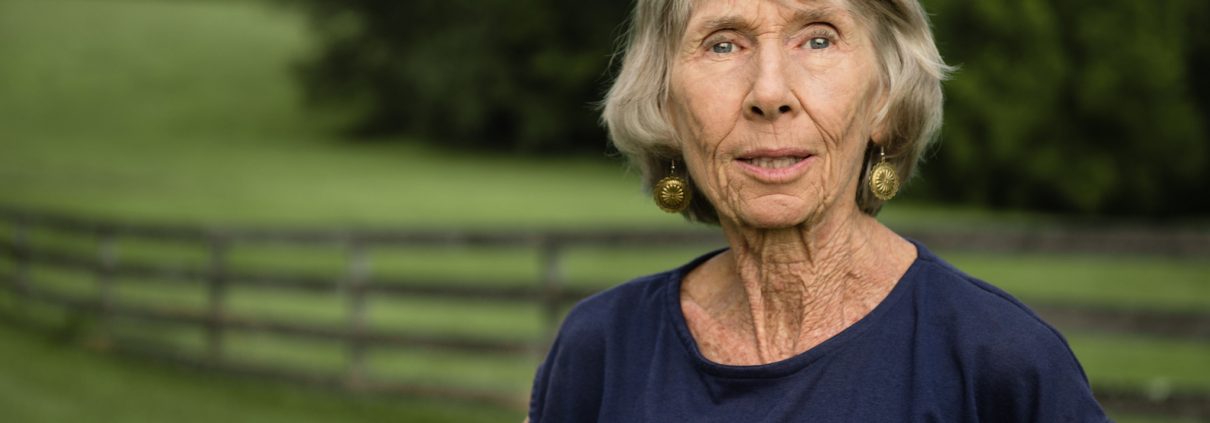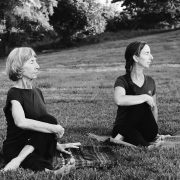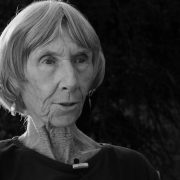The Holidays
Some people celebrate Christmas on December 25. Others celebrate the Solstice on December 21. For Christians, December 25 marks the birth of Christ. For Pagans, December 21 marks the return of the sun. The season carries a universal theme of hope. I recall this analogy from religious education classes. Christ brings the world out of darkness in the same way that the sun gradually begins to brighten the dark days of winter. This concept was used by the apostles to help spread Christianity. In their attempt to convert Pagan people, these early missionaries often adapted their message to conform to local customs. In Pagan cultures there was already a precedent for celebrating during these short days: lighting candles and sharing meals together. Pagans and Christians alike need a little incentive to get through the last days of waning sun. Our Christian apostles might have added the custom of gift giving, reminiscent of the three wise men who, following the star, brought gifts to the Christ child.
The wise men weren’t in a hurry following that star and yet, during our holidays, everyone seems to be in a rush: shopping, cooking, and partying. And this activity is in contrast with another fact I recall from religion classes. In the Christian tradition the twelve days of Christmas begin on December 25 and end on the Feast of Epiphany when the wise men finally arrived at the manger. Our nuns taught us that the season of Advent, the four weeks leading up to Christmas, are a time of penitence and solemnity during which we’re expected to give up all things pleasurable. For us, the days of Advent dragged on forever as we anticipated the Christ child, the traditional lighted tree, and presents (and not necessarily in that order of importance).
Over time, I guess adults as well as kids lost patience with Advent. Now we can barely wait until Halloween to begin our Christmas preparations. This gives us almost two months to plan for a day which has become a Norman Rockwell myth. I suggest the holidays, and our expectations for the holidays, have gotten a little out of hand. Maybe we need to take control of the situation, step back, take a breath, and invite a little awareness into our holiday activities.
Most people are affected in some ways by the decreasing daylight and I doubt that frenzied activity helps to drive away feelings of depression. Winter can be an opportunity to go within. Think about the images of the season: a silent snowfall, barren fields asleep beneath a blanket of white. In the hush of winter Mother nature herself seems to be enjoying a period of self reflection. A little hibernation can be therapeutic. By winter’s end, after making good use of earth’s time-out, we discover an awakening of the soul that accompanies the awakening of light.
Take heart. The sun returns.









Leave a Reply
Want to join the discussion?Feel free to contribute!